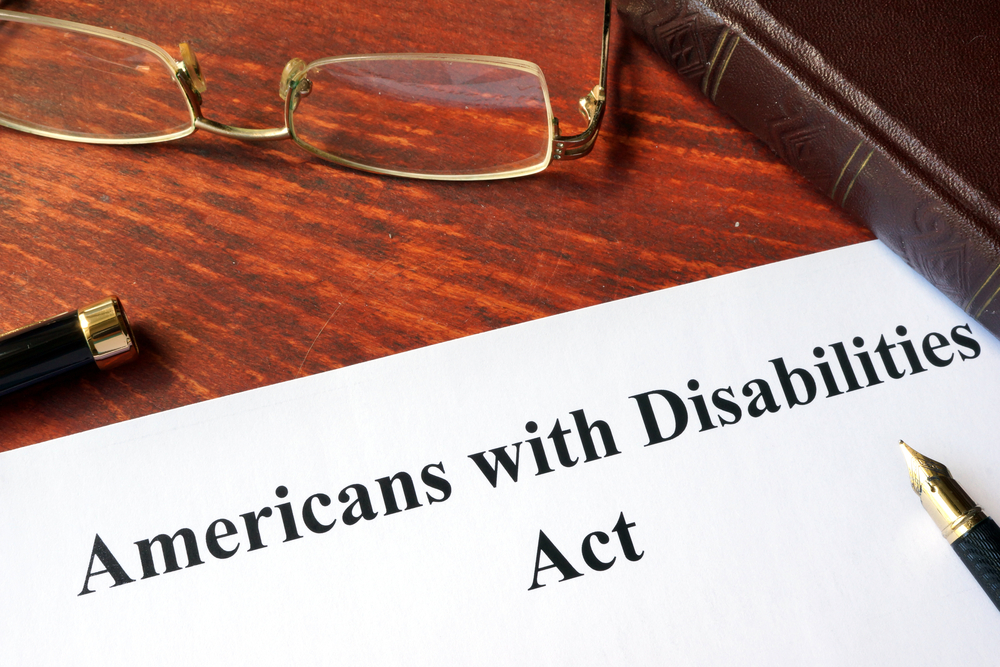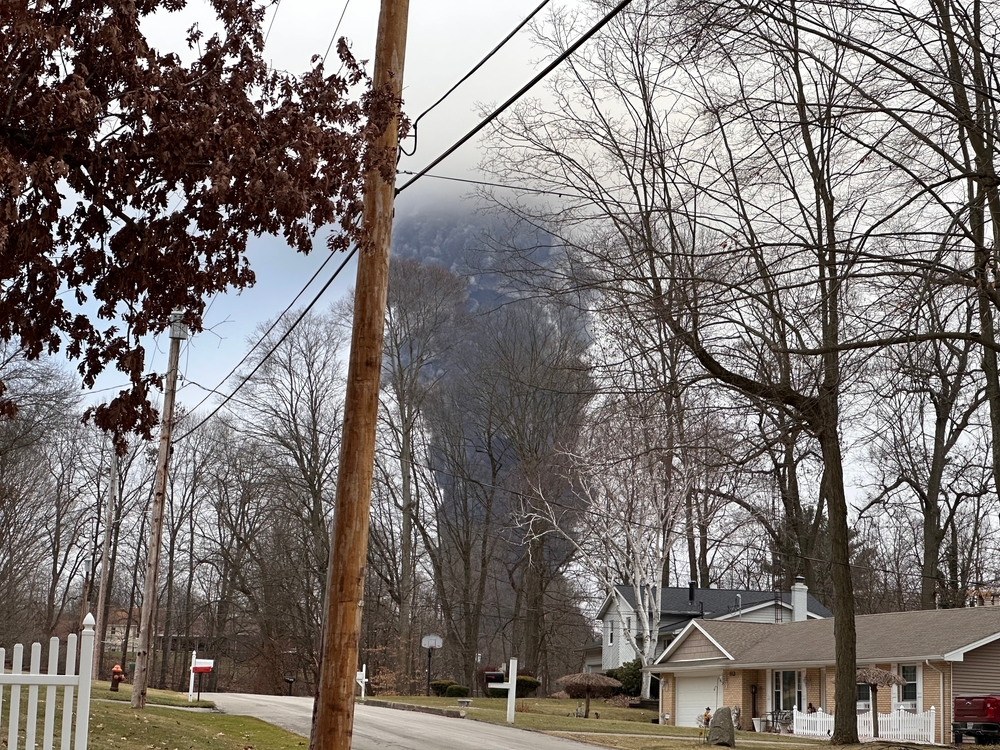As many Americans recover from the COVID-19 virus, some continue to experience symptoms long after the virus has left their body. Many of these COVID-19 long-haulers experience tiredness or fatigue, shortness of breath or difficulty breathing, difficulty concentrating and thinking, heart palpitations, chest pain, amongst others. Even if the COVID illness was mild, a person who contracted it might experience long COVID.
On the 31st anniversary of the Americans with Disabilities Act (ADA), the Biden administration, including the Department of Justice (DOJ) and the Department of Health and Human Services (HHS), released new guidance regarding those with long-haul COVID. The ADA is a civil rights law that protects those with disabilities from discrimination. This directive highlights that those with long COVID conditions can face symptoms at the disability level covered under federal anti-discrimination laws, including the ADA.
During the announcement, President Biden shared, “We’re bringing agencies together to make sure Americans with long Covid who have a disability have access to the rights and resources that are due under the disability law.”
The DOJ has announced that long COVID may be considered a disability if it meets several conditions. In order to be considered a disability, those with long COVID must demonstrate that “..the person’s condition or any of its symptoms is a ‘physical or mental’ impairment that ‘substantially limits’ one or more major life activities.”
The Justice Department also shared that long COVID is not always a disability under these new guidelines. An “individualized assessment is necessary to determine whether a person’s long COVID condition or any of its symptoms limits their abilities.”
The White House highlighted that guidance from the Labor Department, released earlier this month, clarifies how employers must accommodate employees who have received the diagnosis of a disability due to long COVID-19.
The Equal Employment Opportunity Commission (EEOC), the commission responsible for enforcing anti-discrimination provisions of the ADA in the workplace, has stated that an employer does not need to provide accommodation for a worker if it provides undue hardship. According to the EEOC, “undue hardship means that the accommodation would be too difficult or too expensive to provide, in light of the employer's size, financial resources, and the needs of the business. An employer may not refuse to provide an accommodation just because it involves some cost. An employer does not have to provide the exact accommodation the employee or job applicant wants. If more than one accommodation works, the employer may choose which one to provide.” This statement aligns with the current practices under the ADA.
Specific characteristics must be met to receive a long COVID accommodation at a workplace. These include the workplace having at least 15 employees. Each accommodation request is evaluated on a case-by-case basis. Both the Labor Department and the EEOC provide consistent guidance regarding the use of reasonable accommodations. Workplaces and employers are not being asked to commit to accommodations that would negatively impact their business, like being forced to move their business to an accessible site. A reasonable accommodation would be to ensure that entrances, exits and washroom facilities are accessible.
Accommodations can include the following:
- Providing screen readers for those with visual challenges,
- Providing interpreters for those with hearing challenges,
- Adjusting or modifying exams, policies and training materials into accessible formats,
- Part-time or a modified work schedule,
- Providing accessible equipment or devices, amongst others.
It’s important to note that accommodations are not just for permanent disability. If it is determined that a worker requires temporary accommodation, the workplace can provide temporary accommodation. Should a person with long COVID no longer require accommodation, the workplace, the employee, and the EEOC and ADA would work together to reduce and then eliminate the accommodation.
As those who have been vaccinated continue to grow, the concern shifts to those unvaccinated. At this time, healthcare professionals are concerned about the effect of long-haulers on the already strained medical system. As the virus continues to mutate, complications such as long-haul cases are likely. Under the ADA, those with long-haul COVID disabilities can find support as they return to the workplace.














